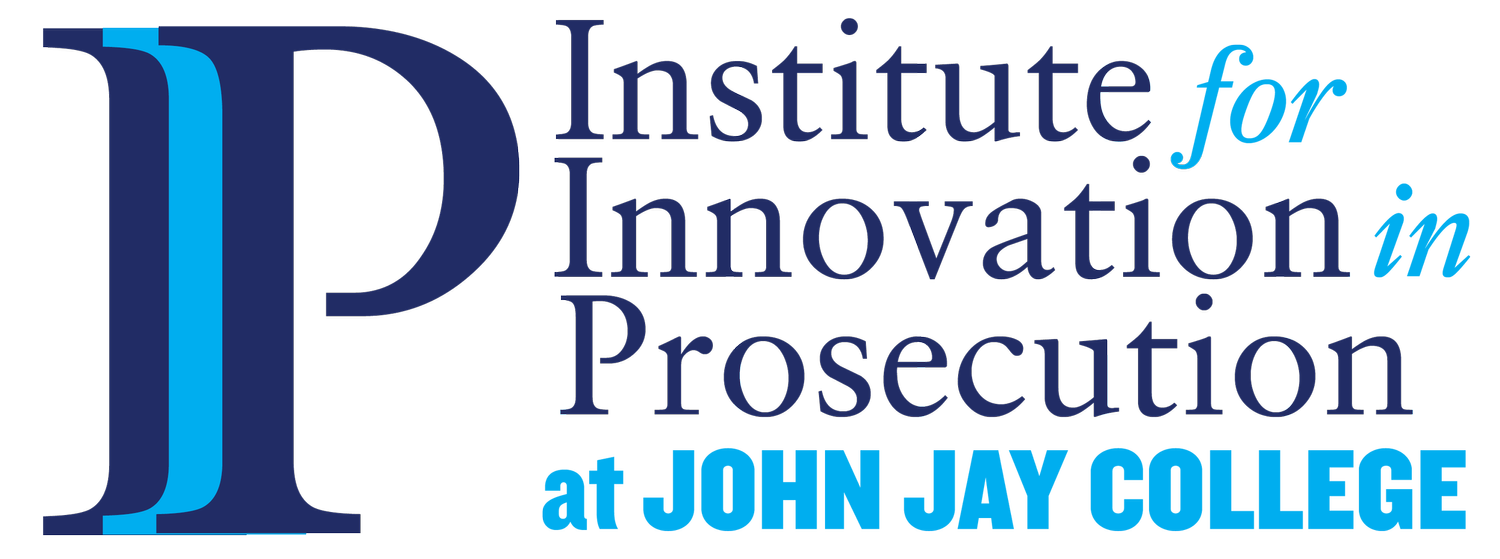Why Prosecutor ‘Do Not Call’ Lists Help Curb Police Misconduct
Alissa Marque Heydari | The Crime Report | November 13, 2021
Recently, the Baltimore City State’s Attorney and Prince George’s County State’s Attorney took a giant leap forward to strengthen trust in the legal system and trust in police.
They released their offices’ “Do Not Call” lists, which contain information about police officers whom prosecutors will no longer call to testify because they believe the officers are not credible witnesses.
The publication of this information is a crucial step toward ensuring transparency, while making sure convictions are based on reliable evidence.
This may seem like a drastic step, but it is based on a very real checkered past. Baltimore City and Prince George’s County have seen more than their fair share of police misconduct.
In 2017, the notorious Gun Trace Task Force scandal rocked Baltimore City after federal investigators discovered that police planted evidence, including guns, on Baltimore residents.
In Prince George’s County, a federal investigation led to the arrest or suspension of several officers for misconduct.
Releasing these lists is an important way to hold the police accountable. It lets the community know that the prosecutor’s office takes misconduct seriously and ensures that unreliable officers cannot simply switch police departments and continue tainting criminal cases.
Many of the officers on Baltimore City and Prince George’s County’s lists are no longer on the force, but when prosecutors flag this information for other jurisdictions it sends a clear message that discredited police officers should not testify as witnesses in criminal cases anywhere.
The integrity of a conviction rests on the quality of the prosecution’s evidence, including their witnesses. Therefore, a prosecutor has an ethical duty to evaluate the credibility of all witnesses, including police officers. If evidence is compromised by officer misconduct or bias, the community can no longer trust that residents are adequately protected.
The publication of a “Do Not Call” list is not “anti-police.”
Indeed, prosecutors can fulfill their ethical duties and hold the police accountable while also protecting the due process rights of police officers. The Institute for Innovation in Prosecution at John Jay College (IIP) recently published a Tracking Police Misconduct Action Guide which recommends that an appeals process be put into place so officers can advocate for their removal from the list when appropriate.
State’s Attorneys Mosby and Braveboy have similar assurances of due process in place.
Both offices published the protocols for their “Do Not Call” lists, which detail the criteria for inclusion, as well as information on how officers will be notified about their placement on the lists. Mosby’s office revisits its list every 90 days to determine whether any officers should be removed. Braveboy’s policy similarly provides the police with an opportunity to submit evidence or documentation before the prosecutor’s office decides whether to place the officer on the list.
These types of policies ensure that while the police are held accountable, they are not arbitrarily or unfairly added to a “Do Not Call” list.
The IIP guide also recommends prosecutors go beyond a “Do Not Call” list by maintaining a “disclosure list” to track misconduct of officers who may still be called to testify. These “disclosure” lists ensure that prosecutors know the potential credibility issues of their witnesses and comply with ethical and constitutional obligations to share that information with defense attorneys.
Some prosecutors’ offices – including Baltimore City – decline to publish the broader, more encompassing “disclosure” list their office maintains. There are several reasons why, including that allegations of misconduct may not yet have been fully investigated or substantiated.
However, by letting defense counsel know that an officer who is a witness in a case is also on the broader “disclosure” list, defense counsel can challenge the officer’s testimony at trial, even if the information is not publicly disseminated.
When Baltimore City and Prince George’s County released their “Do Not Call” lists, it raised more than a few eyebrows. But the real issue here is that far too few prosecutors track police misconduct at all.
Especially in the absence of statewide or nationwide databases of misconduct, the creation and sharing of these lists – both among prosecutors and with the public at large – is essential.
More prosecutors should follow the lead of Baltimore City and Prince George’s County in this important step toward accountability and transparency.
Alissa Marque Heydari is a former New York County prosecutor and currently serves as Deputy Director of the Institute for Innovation in Prosecution at John Jay College.
Link to article: https://thecrimereport.org/2021/11/23/why-prosecutor-do-not-call-lists-help-curb-police-misconduct/
